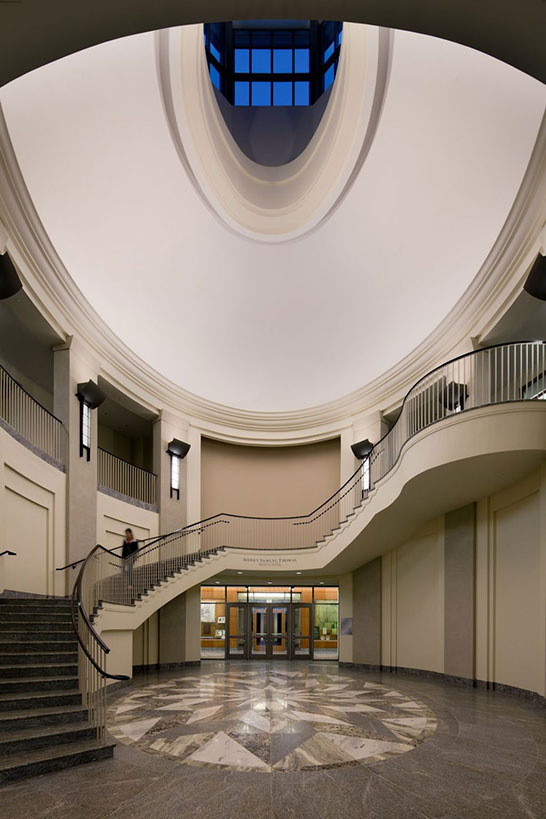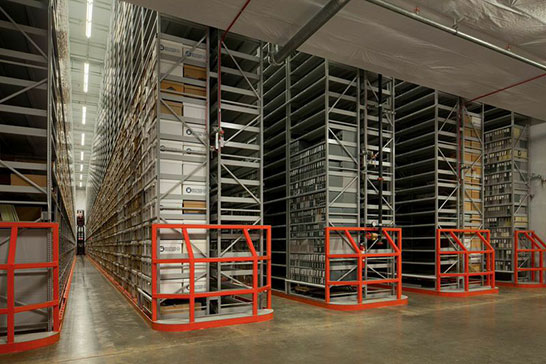The Ecological Society of America (ESA) is a nonpartisan, non-profit organization of scientists founded in 1915 to:
- Promote ecological science by improving communication among ecologists
- Raise the public’s level of awareness of the importance of ecological science
- Increase the resources available for the conduct of ecological science; and ensure the appropriate use of ecological science in environmental decision making by enhancing communication between the ecological community and policy-makers.
The ESA collection consists of correspondence, reports, and research materials related to the activities of the of Ecological Society of America. The collection is deposited with and sourced from University of Georgia. UGA is well-known for an outstanding Ecology program and was an early adopter of ecological studies in North America, which is why the ESA collection was entrusted to the library at UGA.
The ESA records are primarily associated with 43 prominent members including Stanley Auerbach, Frank Golley, William Castle, and others and document the history of ESA since 1915. The records document pivotal moments in the ESA’s history including its founding, earliest meetings, and its focus on environmental issues.

